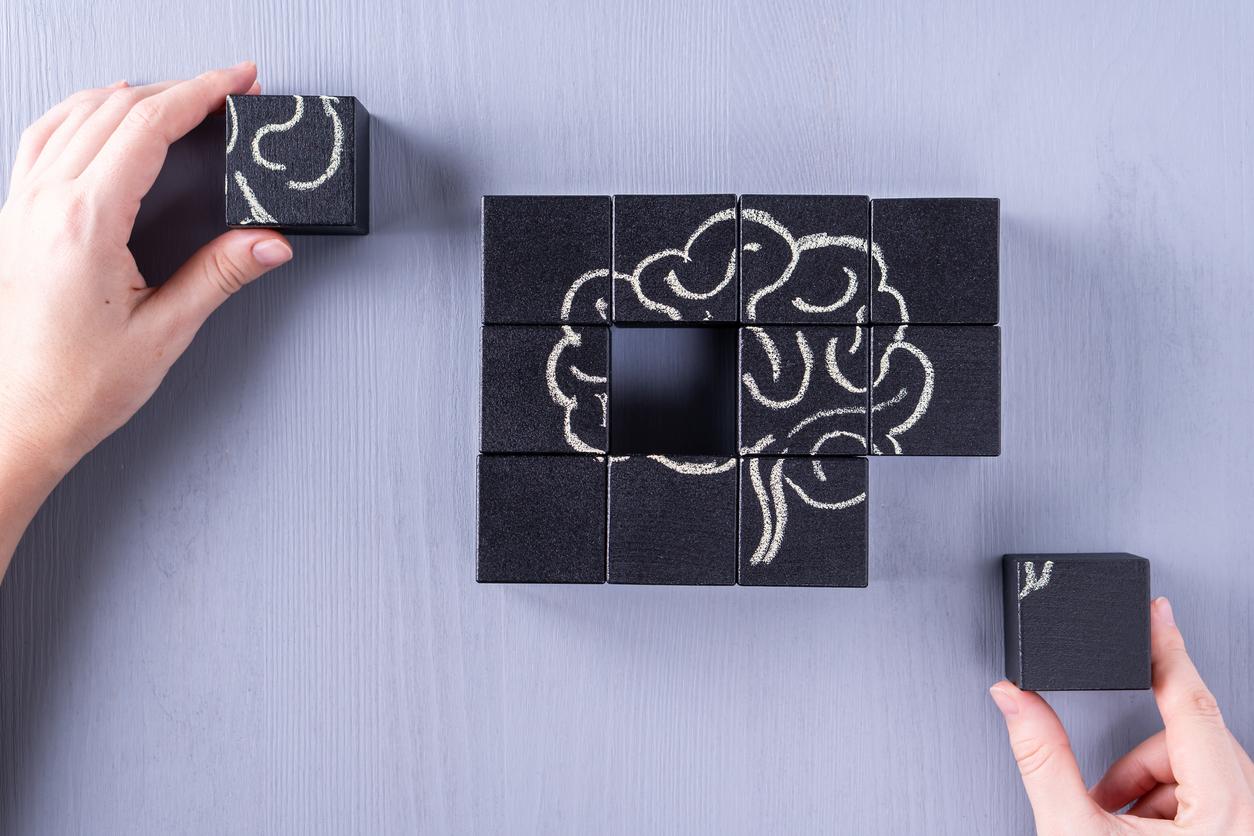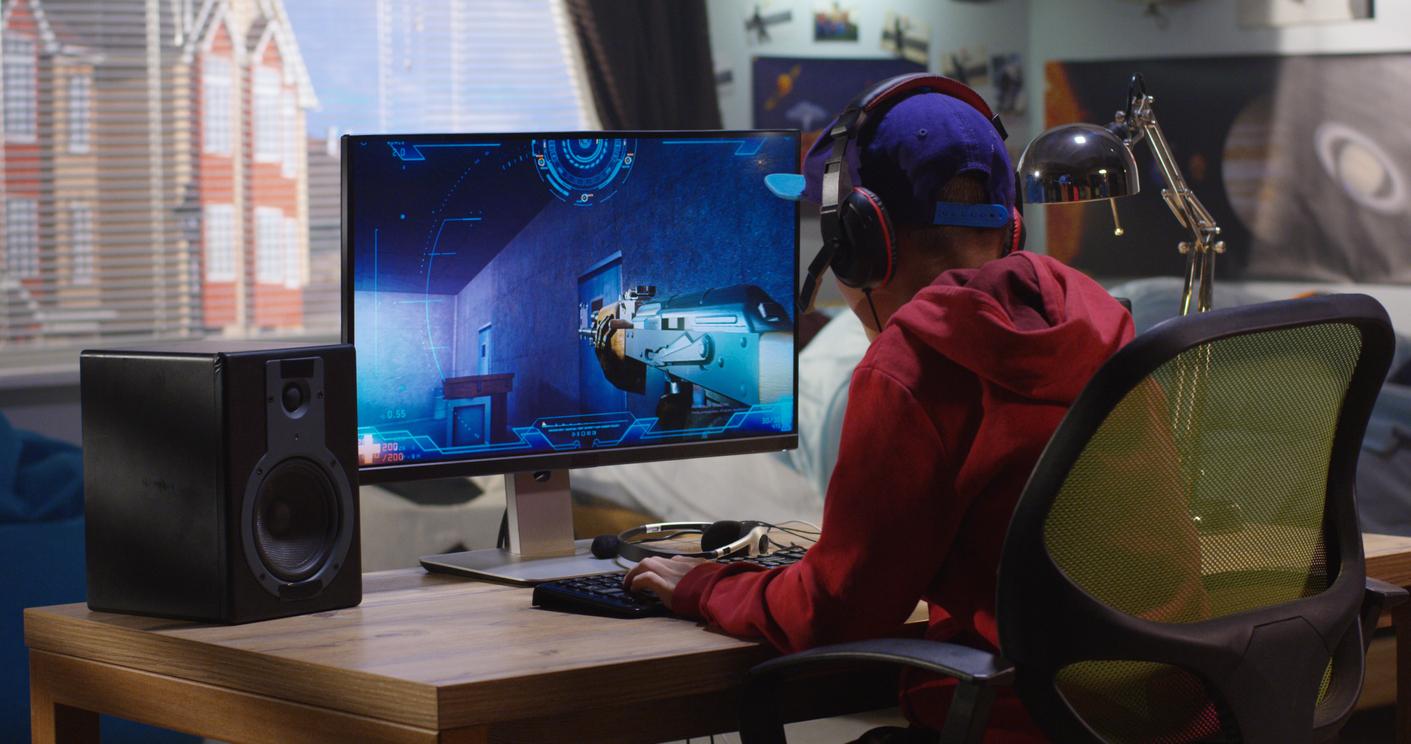“What if the concussions were more serious than we think?”, this is the question that arises Le Figaro in an article reporting on a recent study entitled “Acute and subacute changes in neuronal activation during recovery from sports-related concussion”.
In France, every year, the emergency services of French hospitals receive more than 100,000 people victims of head trauma, 90% of which are considered light. But “light does not necessarily mean benign”, recalls the Institute of Health and Medical Research. It is for this reason that American researchers from the Medical College of Wisconsin and the Cleveland Clinic conducted tests on twelve student football players who had suffered concussions.
In their study, published by the Journal of the International Neuropsychological Societyscientists explain that they gave athletes an MRI during attention tests and memory within thirteen hours of the accident. Seven weeks later, when the players had been symptom-free for over a month, the researchers repeated the experiment.
Professor Stephen Rao, co-author of the study, told the Figaro that “by comparing the examinations at these two times, we have a better understanding of the flexibility of the mechanisms that the brain implements to adapt and compensate during the transition period between the initial phase and the convalescent phase.” Because by analyzing the test results, the researchers found an increase in cortical activity (hyperactivation) at the seventh week, which means that “people who have been concussed will show less mental endurance and tire more quickly during of prolonged stress, during this recovery period”, explain the authors of the study.
So be careful not to resume sport too quickly after suffering a trauma, whether serious or mild.


















